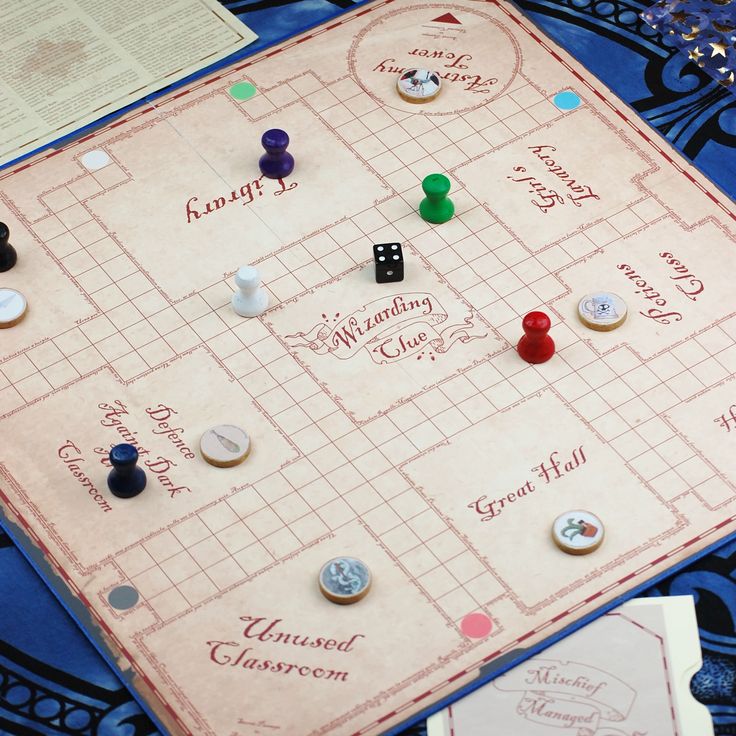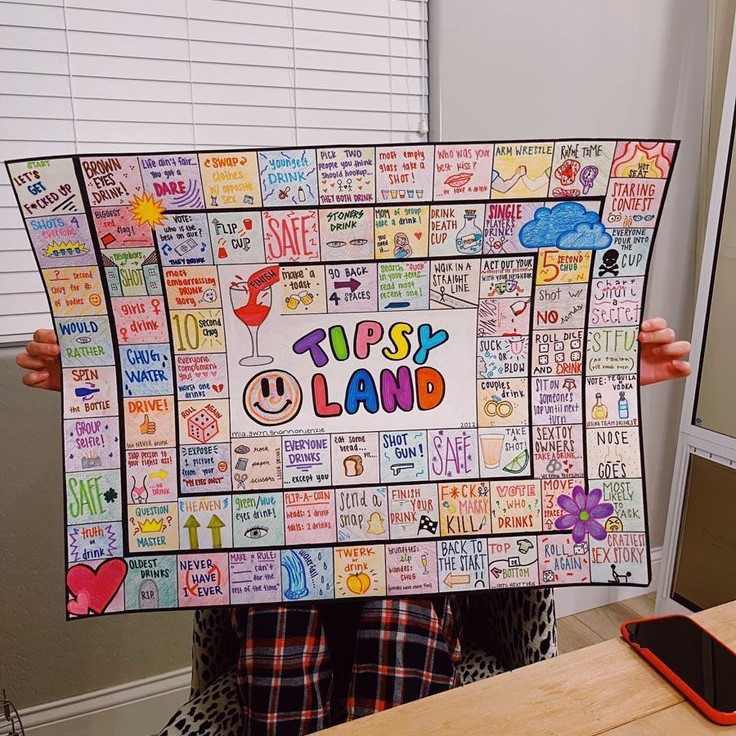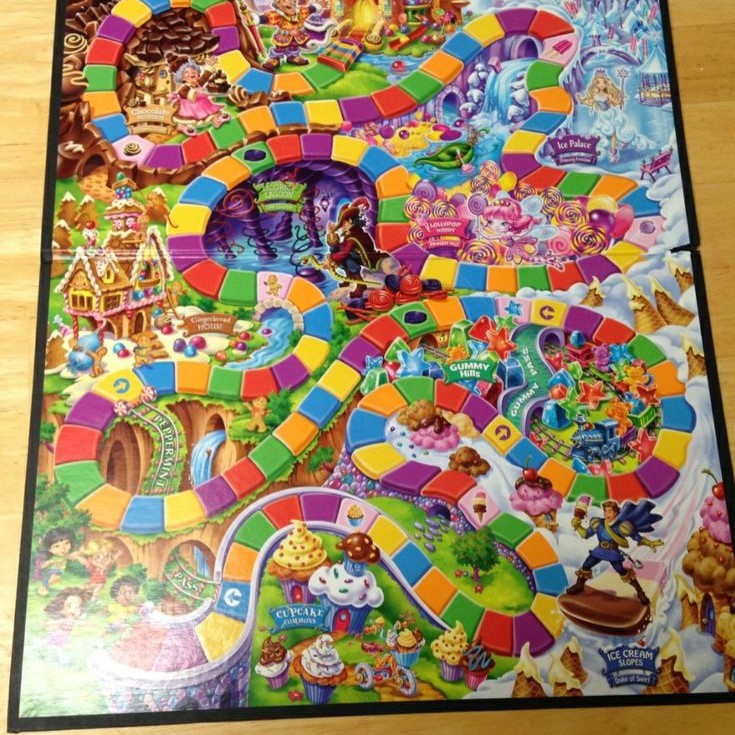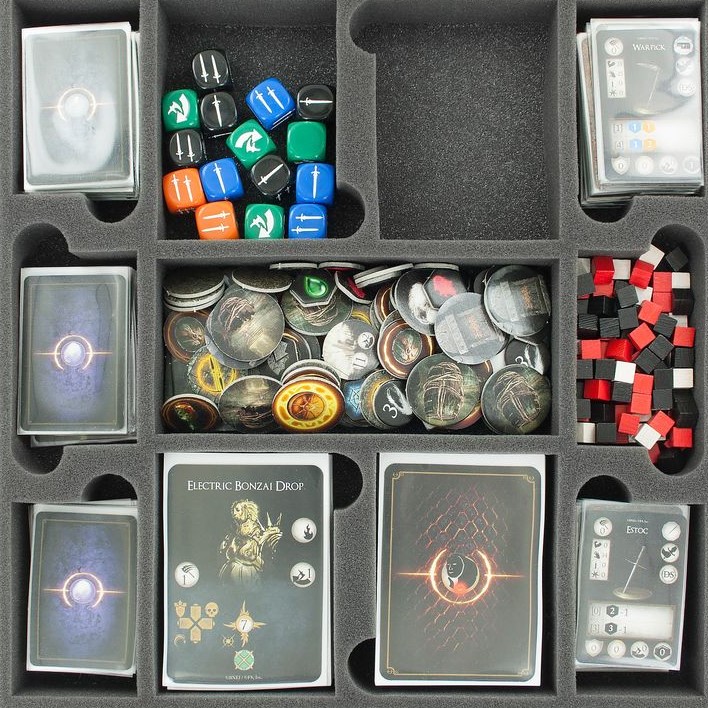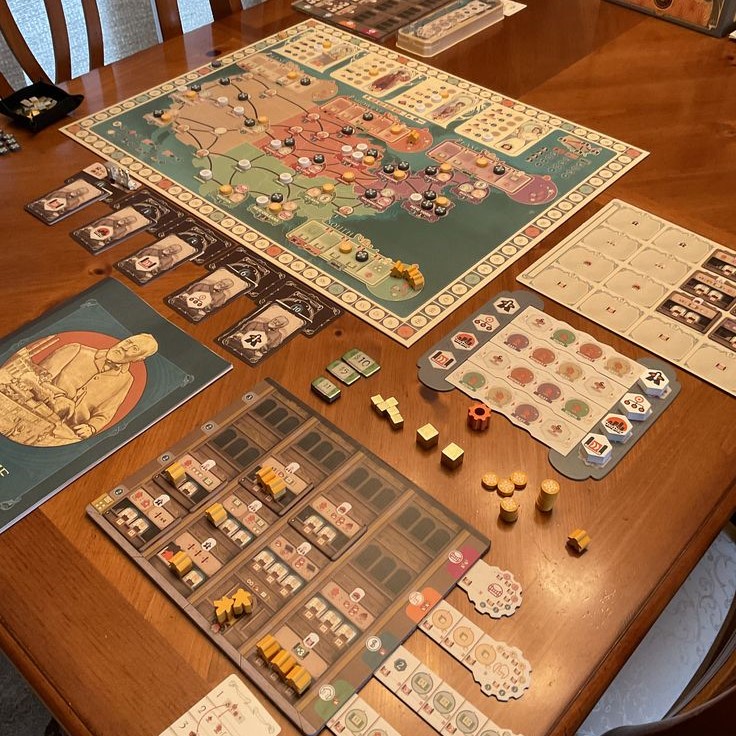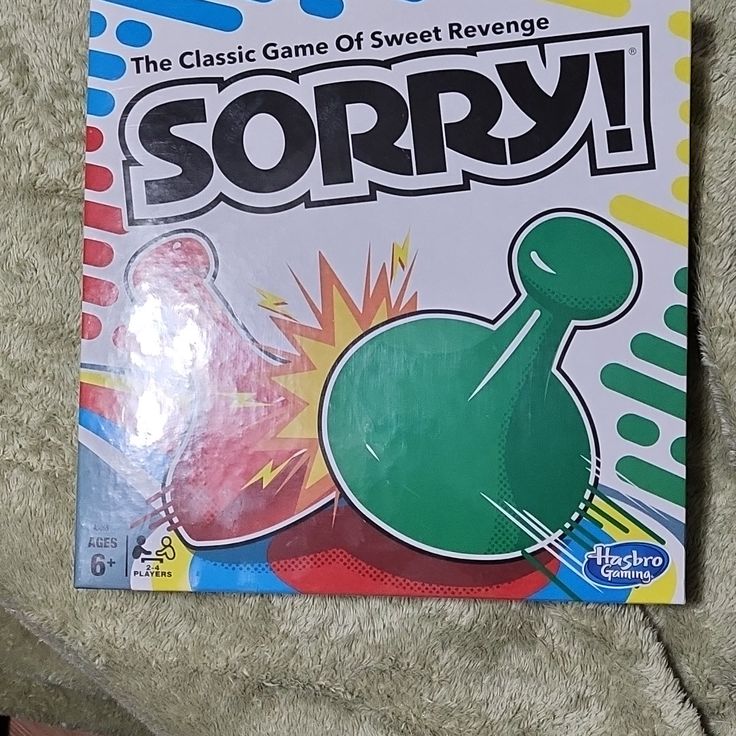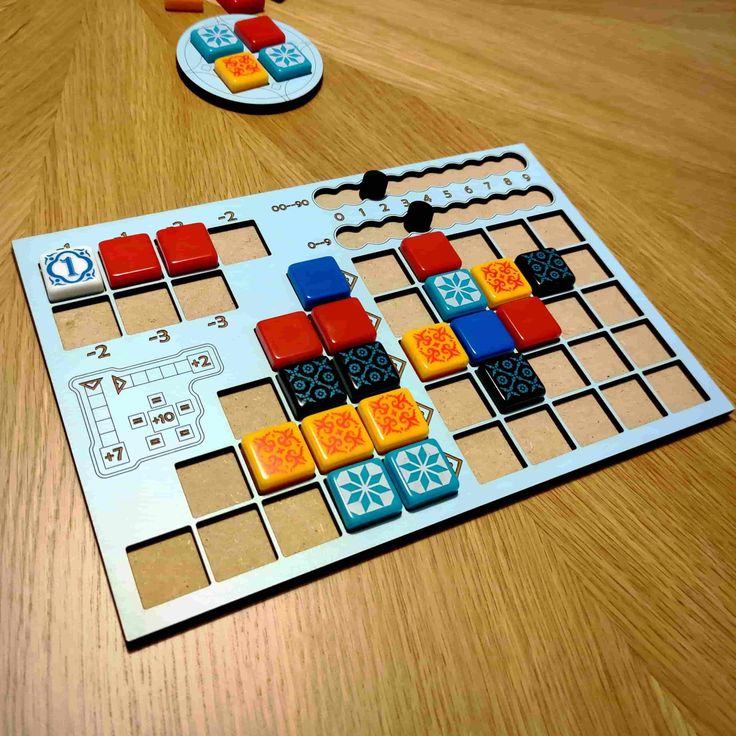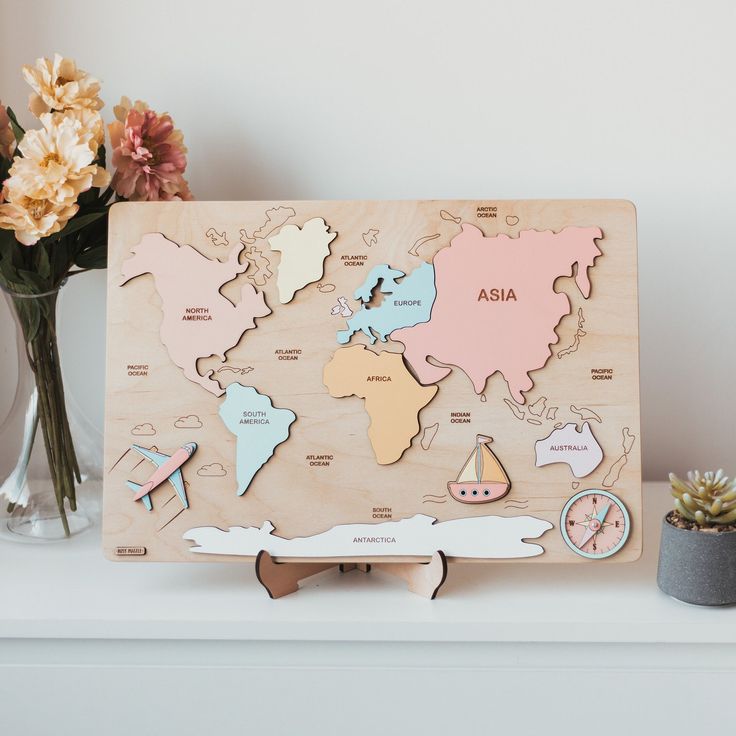Introduction The Clue game board is a classic staple in family game nights and gatherings with friends. This beloved murder mystery game, where players aim to figure out who committed the crime, in which room, and with what weapon, captivates players young and old. Winning at Clue requires a mix…
-
-
Introduction: Why Choose Tipsy Land? When planning a game night, the right board game can set the tone for a fun and memorable evening. The tipsy land board game stands out as a fantastic option for adults looking to enjoy a light-hearted and engaging experience. With its colorful design, simple yet entertaining…
-
Introduction The Candyland board game is more than just a favorite pastime; it has become an enduring symbol of childhood joy and innocence. With its colorful pathways, whimsical characters, and simple mechanics, Candyland invites players to embark on a delightful adventure through a sugar-coated landscape. Its ability to captivate young hearts and…
-
Introduction The Dark Souls Board Game invites players to immerse themselves in a captivating realm of strategy, cooperation, and intense gameplay. Based on the acclaimed video game series, this tabletop game captures the essence of the Dark Souls universe, presenting a fitting challenge for both experienced gamers and newcomers alike. Whether you’re…
-
Introduction The Arcs Board Game presents players with a captivating journey through a universe that blends strategy with creative problem-solving. Released to rave reviews, the game has quickly become a favorite among board game enthusiasts looking for an engaging experience that combines elements of resource management, cooperative gameplay, and tactical depth. Ideal…
-
Introduction When it comes to classic board games, few hold a candle to the Sorry board game. For generations, families have gathered around the gameboard, eagerly shouting “Sorry!” as they send opponents back to their starting points. This simple yet captivating game has established itself as a staple in homes worldwide,…
-
Introduction The Azul board game has gained immense popularity among board game enthusiasts since its release. This visually stunning abstract strategy game invites players to become artisans, tasked with decorating the walls of a royal palace using vibrant and colorful tiles. Understanding the components and game mechanics is essential for both newcomers…
-
Introduction In an age where knowledge is readily accessible, finding engaging methods to learn about the world around us becomes essential. Geography puzzles offer an exciting and interactive way to explore different lands, cultures, and geographical features. With various types of puzzles available, from jigsaw puzzles to map challenges, these activities provide…
